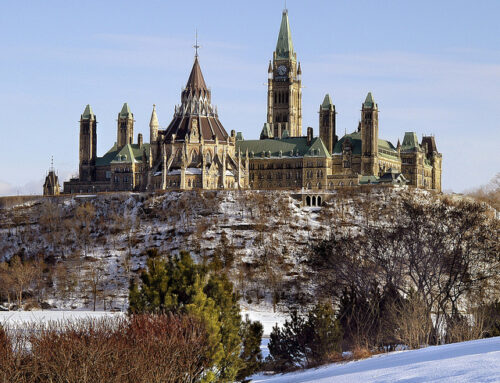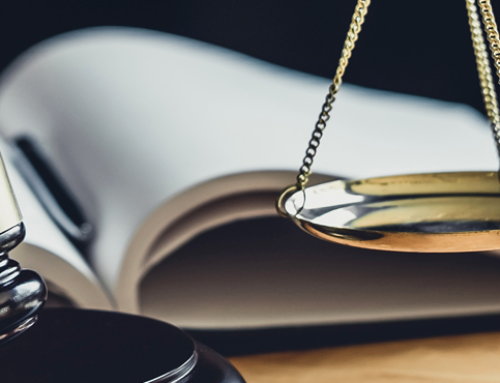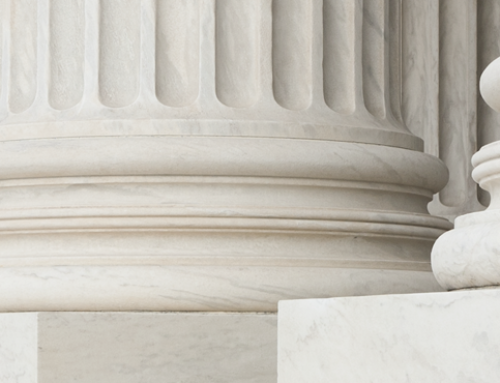On October 25th Lawyer’s Rights Watch Canada and the Law Society of Ontario hosted Barrister Felix Nkongho for a discussion about the current humanitarian crisis in Cameroon and the discrimination and persecution faced by Cameroon’s anglophone minority. 
The conversation was moderated by Gavin Magrath, Director, LRWC, and held before a sold-out crowd of 180 at the Law Society’s Donald Lamont Education Centre. More than 400 more joined us virtually through the live webcast. The webcast of the event is available on demand.
Protests by teachers and lawyers in 2016 resulted in a harsh government crackdown, in which numerous protesters, including Barrister Nkongho, were arrested and charged with crimes against the state that could carry the death penalty. Mr. Nkongho was released in August 2017 following international pressure by watchdog groups and NGOs, including LRWC and the LSO’s Human Rights Committee. Many others remain in jail; some have been convicted and sentenced to lengthy prison terms.
Protests turned violent and were met with deadly force by police and the military, and the situation has spiraled out of control in what many are calling “Africa’s next civil war.” Although estimates vary widely, villages have been burnt, hundreds of thousands displaced, and at least several hundred civilians killed in violent clashes with security forces. Some of the anglophone fighters have declared the two anglophone provinces to be a breakaway republic called “Ambazonia“.
Against this backdrop, Cameroon went to the polls on October 7th in an election that saw President Paul Biya elected for another 7 year term. Biya has ruled Cameroon since 1982, running an increasingly centralized and francophone government. The Constitutional Council – appointed by Biya – certified his victory with 71% of the vote and declared the election free and fair. In a bizarre turn of events, state television claimed that observers from Transparency International had confirmed the election’s integrity; Transparency International denied having observers in the country.



